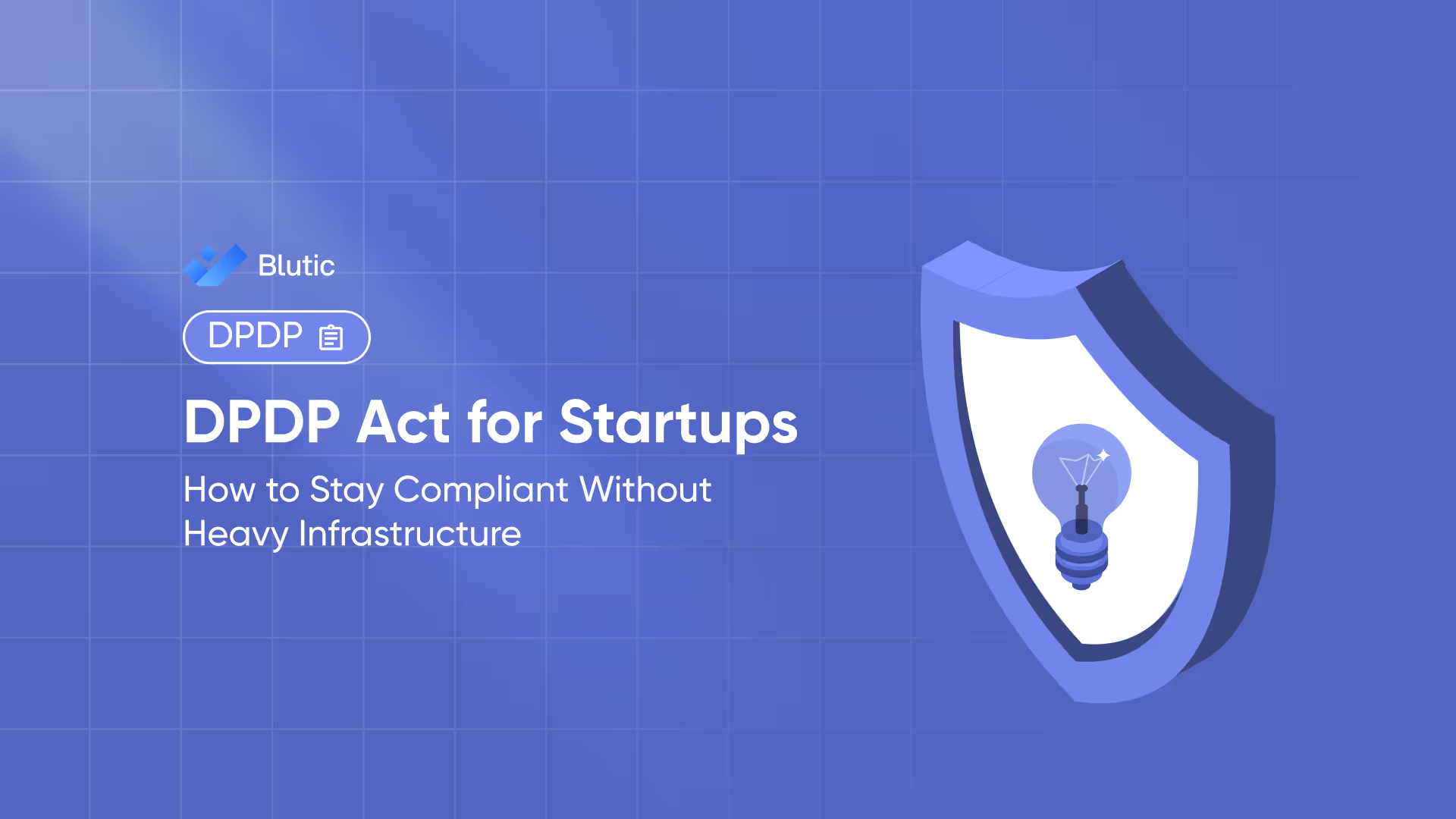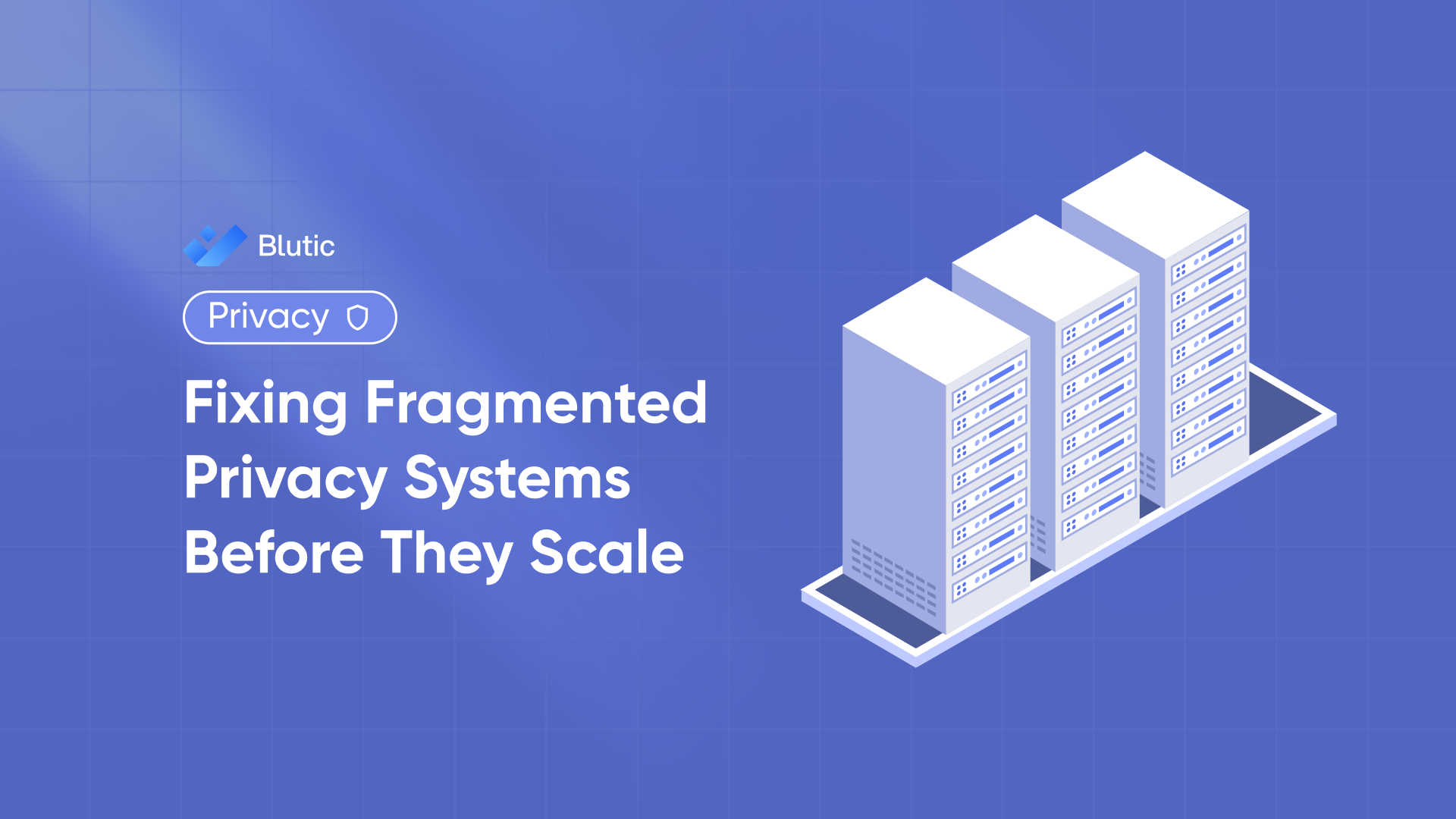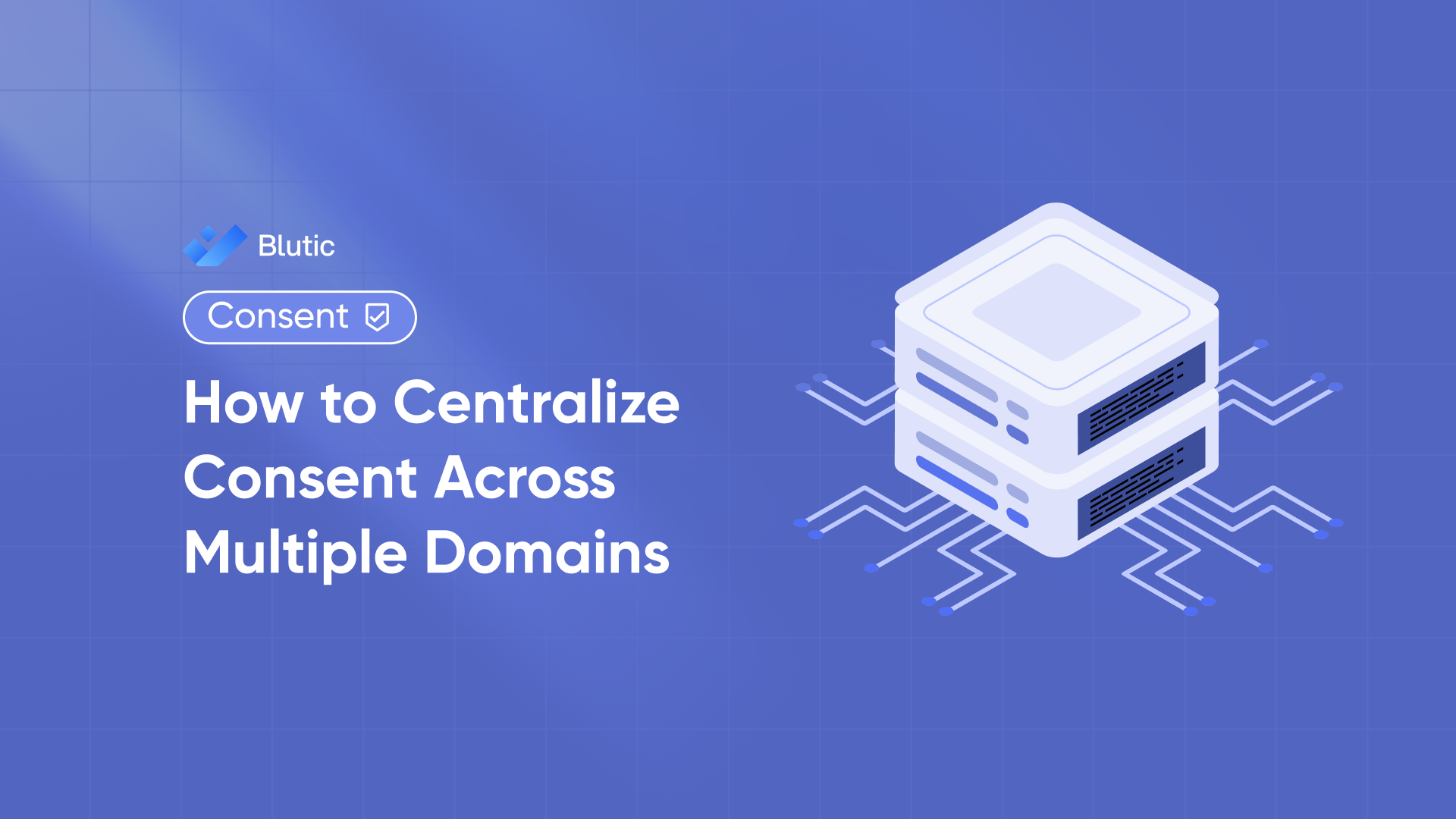DPDP Act for Startups: How to Stay Compliant Without Heavy Infrastructure

DPDP Act for Startups: How to Stay Compliant Without Heavy Infrastructure
Introduction
With the Digital Personal Data Protection (DPDP) Act, 2023 officially in force, Indian startups face a new challenge: ensuring privacy compliance without overhauling their tech stack or draining limited resources. For lean teams and agile businesses, understanding how to meet DPDPA compliance requirements affordably and efficiently is not just important; it's urgent.
Why the DPDP Act Matters for Startups
The DPDP Act, 2023, backed by the DPDP Rules notified on 13 November 2025, mandates how digital businesses collect, store, and process personal data. Startups, particularly those operating in data-heavy sectors like fintech, edtech, health tech, and ecommerce, must follow protocols to:
- Obtain verifiable, informed consent
- Allow easy consent withdrawal
- Respond to data access and correction requests
- Limit data storage to lawful retention periods
Non-compliance can lead to fines up to ₹250 crore, even for small businesses.
Common Startup Concerns
Startups typically lack:
- A dedicated legal or compliance team
- Large-scale IT infrastructure
- Multi-domain privacy governance systems
Yet, the law doesn’t offer exemptions. That’s why startups need lightweight, automated privacy compliance tools that fit seamlessly into their workflows.
5 Startup-Friendly Ways to Comply with the DPDP Act
1. Automate Cookie Consent with Lightweight Tools
Use a cookie consent management platform India like Blutic to automate the display of consent banners, block cookies before user consent, and maintain audit logs. This is especially helpful for startups using Shopify, WordPress, or WooCommerce.
2. Use Affordable Consent Management Platforms
Platforms like Blutic offer no-code consent banners, geo-targeted cookie scanning, and integration with Google Tag Manager (GTM) and Google Consent Mode, enabling startups to stay compliant and maintain ad performance.
3. Follow a DPDPA Compliance Checklist
Build your internal checklist around:
- Consent collection and recordkeeping
- User access and correction rights
- Data breach response protocols
- Purpose limitation and data minimization
4. Minimize Data Storage
Only store personal data for as long as necessary to fulfil the original purpose. This is especially important for apps collecting customer details, chat history, or payment logs.
5. Plan for Breach Notifications
If a data breach occurs, startups must notify the Data Protection Board and affect users within 72 hours, even if the breach is due to a third-party integration.
Why Blutic is a Smart Choice for Startups
Blutic simplifies DPDPA compliance with:
- Easy integration with Shopify, WooCommerce, GTM
- Customisable consent banners and multilingual support
- Real-time consent enforcement
- Affordable pricing for SMBs and early-stage startups
Whether you’re building a fintech app or running an ecommerce site, Blutic provides DPDP Act compliance tools that scale with your business.
The DPDP Act isn’t just about large enterprises it applies to every digital business in India. For startups, it’s crucial to be proactive. By choosing the right privacy compliance tools, automating key processes, and following clear retention and notification rules, compliance becomes a competitive advantage not a burden.
Frequently Asked Questions
Yes, All businesses must comply unless classified as “small data fiduciaries” under specific exemptions.
Yes. Any business collecting or processing personal data in India must comply, regardless of size.
Use automated platforms like Blutic that offer pre-built consent tools, cookie banners, and audit-ready logs.
Yes, for non-essential cookies. Startups must block cookies until consent is received.
Yes, unless you’re specifically exempted (e.g., notified as a “small fiduciary” by the government), the Act applies to all businesses processing personal data.




.svg)
